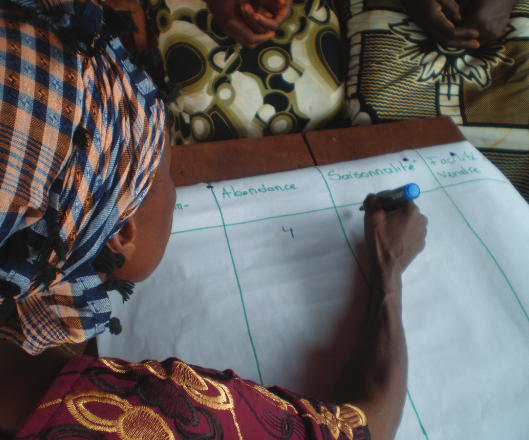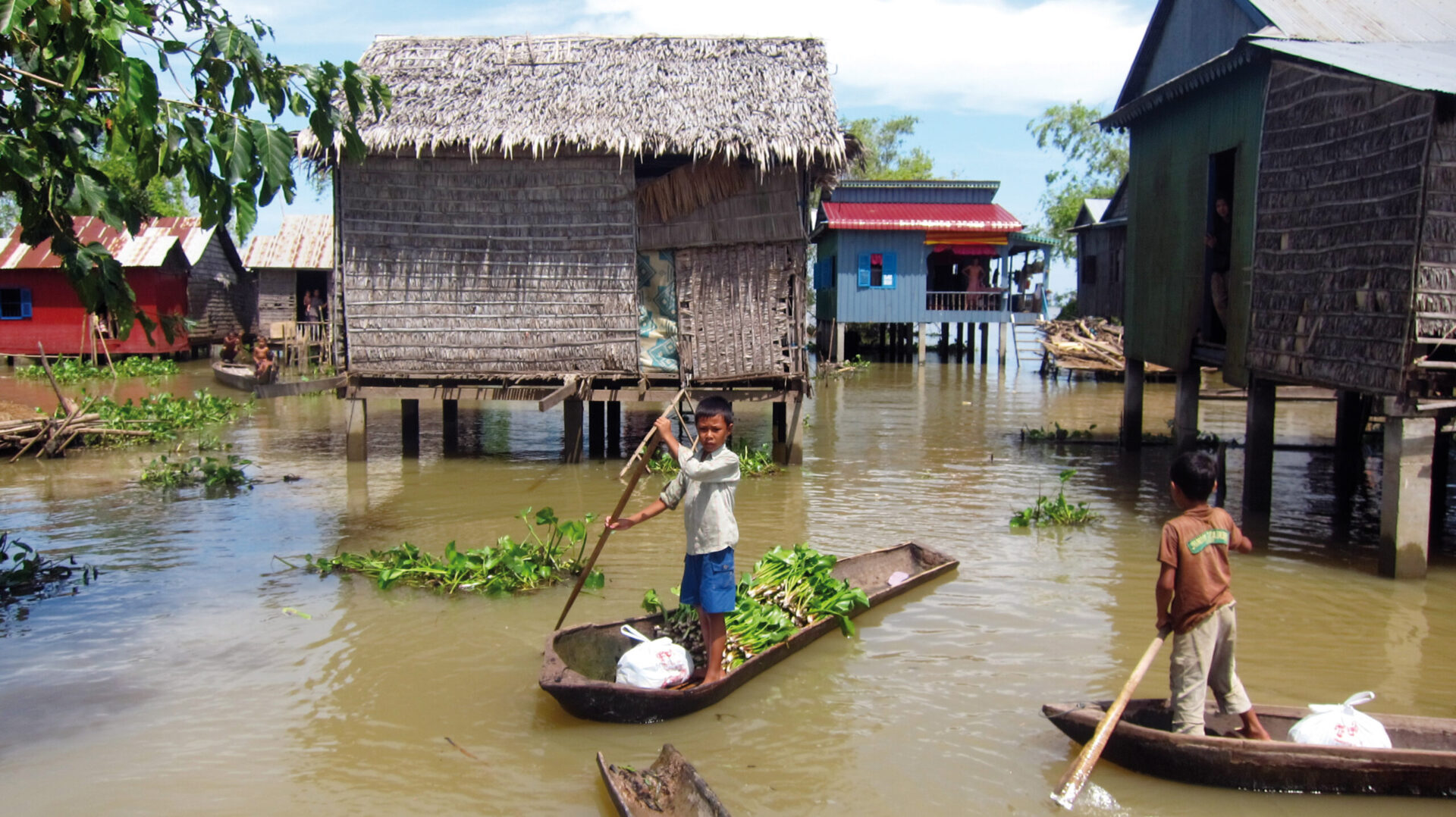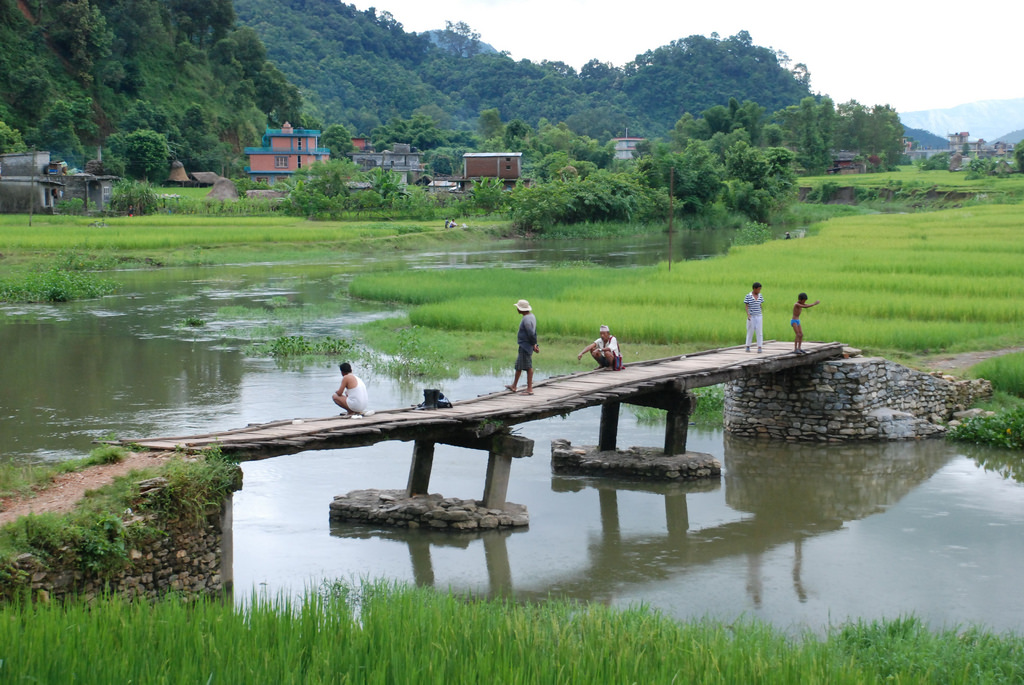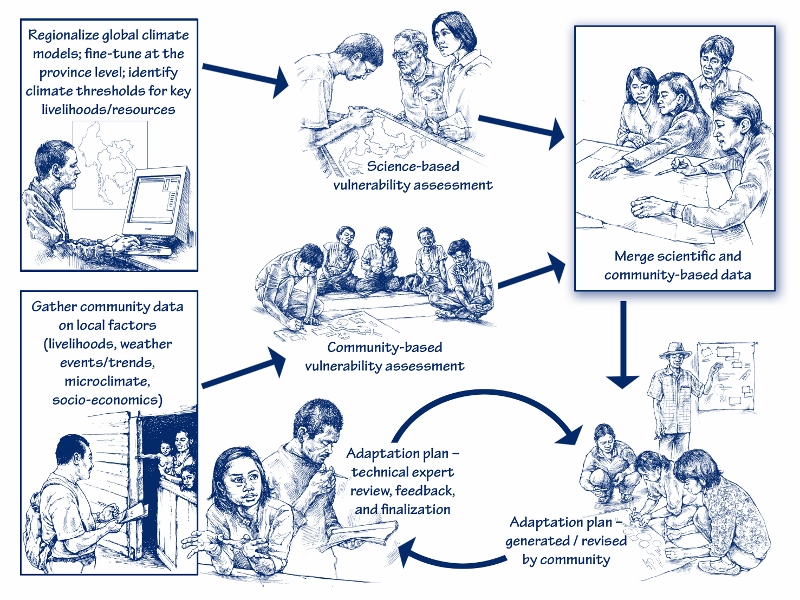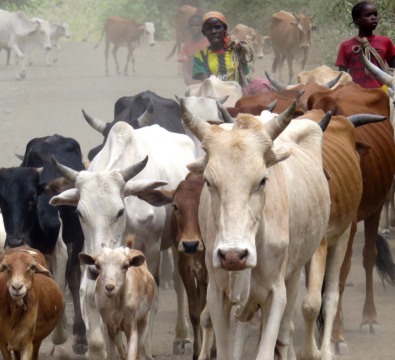climate information communication
ArcGIS StoryMap: Young people are shaping climate change and health action
This ArcGIS StoryMap shares the stories of youth leaders and the challenges they face in climate change and health action across Ethiopia, Kenya, Senegal, Vietnam, Indonesia and Bangladesh.
Climate Risk in Africa: Adaptation and Resilience
This book highlights the complexities around making adaptation decisions and building resilience in the face of climate risk, using insights from sub-Saharan Africa.
The Tandem framework: a holistic approach to co-designing climate services
The Tandem framework provides a holistic approach for the co-design of climate services. The seven-step approach is designed to help scientists, intermediaries and decision-makers collaborate.
Delivering Climate Services: Organizational Strategies and Approaches for Producing Useful Climate-Science Information
This paper reports on research that evaluated how three Regional Integrated Sciences and Assessments produced useful climate information for improved decision support in a variety of sectors.
The SEI Initiative on Climate Services
This initiative is developing and testing a new framework - Tandem - for the improved co-design, use and interpretation of climate services.
The changing role of NGOs in supporting climate services
This report examines the evolving role of non-governmental organisations (NGOs) in the production, communication and uptake of climate information.
Understanding Demand and Supply of Climate Change Knowledge Management in Nepal
This study explores ways in which climate change knowledge management in Nepal can be strengthened at the local to national level.
Lessons on Integrating Scientific and Community Knowledge of Climate Change to Develop Adaptation Plans in Lower Mekong Basin
USAID Mekong ARCC is implementing approaches to build local level adaptive capacity and resilience within rural communities across the lower Mekong basin countries.
ASSAR Regional Diagnostic Studies
The first phase of ASSAR was to investigate what people in semi-arid regions currently know about climate change, and what they’re doing to adapt to these changes.




